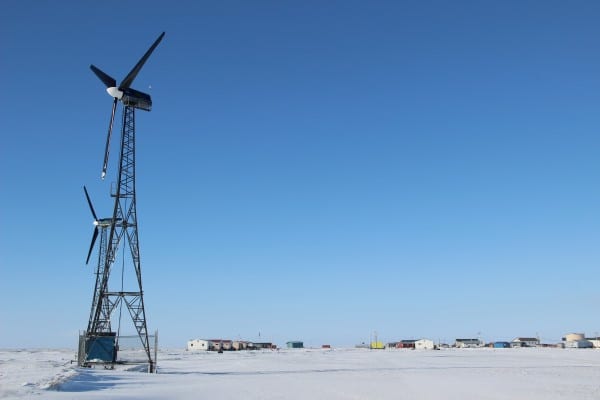Energy technical assistance will help communities become more resilient
Technical assistance is an important component of creating energy resilience in rural communities. Yet, the term “technical assistance” can be hard to grasp. In this article, we outline:
- What is technical assistance?
- What can energy technical assistance help with?
- Where can my community get technical assistance?
- Why apply for the Energy Transitions Initiative Partnership Project?


